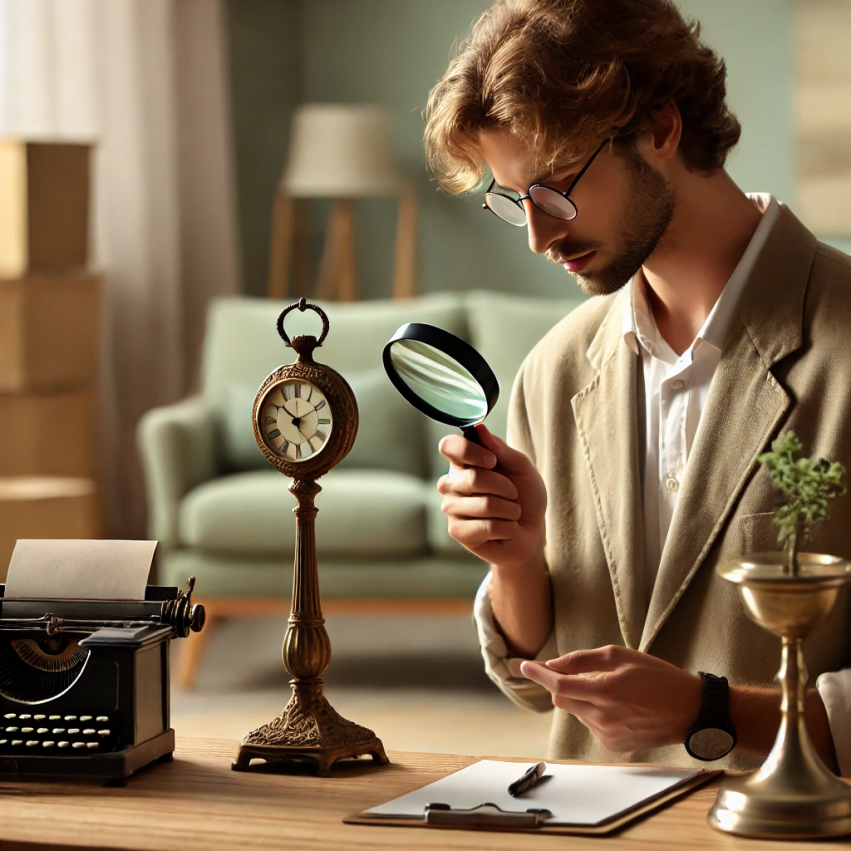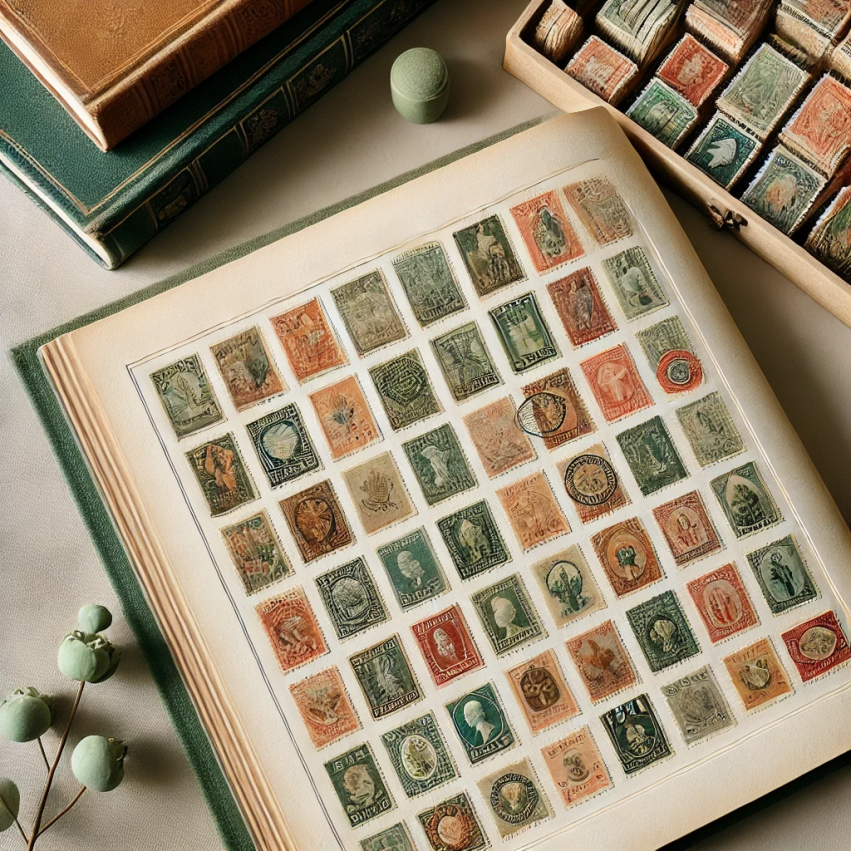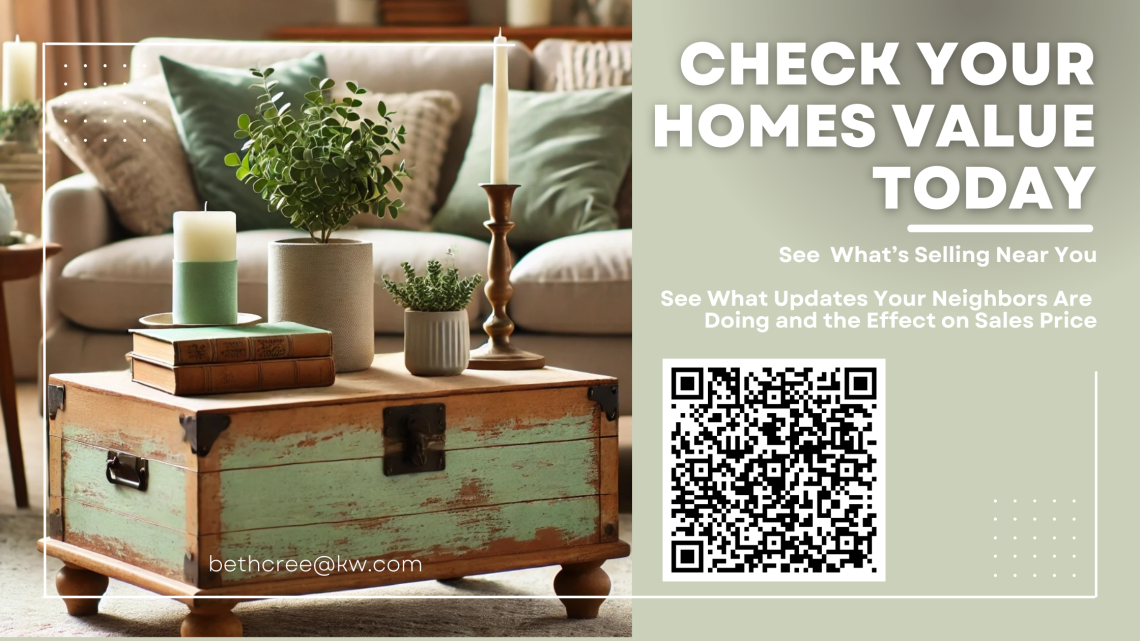What's This Worth? A Guide to Determining the Value of Your Belongings
Where to Start
Before diving into valuations, take inventory of what you own. Categorizing your items—furniture, collectibles, antiques, jewelry, and everyday household goods—can make the process more manageable.
Online Tools to Estimate Value
For a quick assessment, online valuation tools can provide an idea of what your items might be worth:
eBay Sold Listings: Search for similar items and filter by 'Sold' listings to see actual market value.
Facebook Marketplace & Craigslist: Browse local listings to compare pricing.
WorthPoint: Ideal for antiques and collectibles, this tool provides historical sales data.
Replacements, Ltd.: Great for assessing the value of china, silverware, and glassware.
Professional Appraisals
For higher-value items, such as fine art, antiques, and jewelry, professional appraisals can give you an accurate assessment. Consider these options:
Local Antique Dealers & Auction Houses: Many offer free or low-cost valuations.
Certified Appraisers: Organizations like the American Society of Appraisers (ASA) or the International Society of Appraisers (ISA) can connect you with reputable professionals.
Jewelry Stores: Most jewelers offer appraisals for fine jewelry and gemstones.

Specialty Appraisals
Certain items require niche expertise for valuation:
Coins & Stamps: Check with the American Numismatic Association (ANA) or a certified coin dealer.
Books & Manuscripts: The Antiquarian Booksellers’ Association of America (ABAA) can help.
Vehicles & Collectible Cars: Sites like Kelley Blue Book (KBB) or Hagerty provide insights into car values.
Selling Your Items
Once you've determined an item’s worth, here are some selling options:
Online Marketplaces: eBay, Facebook Marketplace, Craigslist, Poshmark (for fashion), and Etsy (for vintage and handmade items).
Estate Sales & Auctions: Local estate sale companies can manage the process for you. Click for my guide to estate clear-outs!
Consignment Shops: Ideal for furniture, clothing, and high-end accessories.
Pawn Shops: A fast way to sell valuable items, though offers may be lower than market value.
When to Donate
If an item isn’t worth selling but is still in good condition, consider donating:
Local Charities & Thrift Stores: Goodwill, Salvation Army, and Habitat for Humanity ReStores. Click for my guide to local donation sources.
Specialized Donation Centers: Many organizations accept used medical equipment, books, musical instruments, and professional attire.
Tax Deductions: Keep a record of donated items for potential tax write-offs.

Final Thoughts
Knowing what your belongings are worth can help you make smart decisions, whether you’re looking to sell, donate, or hold onto meaningful pieces. By using these resources, you can navigate the downsizing process with confidence!
Why Choose a Specialist?
Choosing a Realtor with Seniors Real Estate Specialist designation gives you the specialized services that other realtors may not understand. As a Realtor who specializes in downsizing, I understand the intricacies of a double move. My expertise not only lies in helping you through each step of the process but also in anticipating and problem solving through any challenges that may arise. This process ensures that your double move is completes without hitches.


Subscribe to My Downsizing Newsletter
Want to see more info? Subscribe to receive more information on Downsizing
We respect your inbox. We only send interesting and relevant emails.




 (2).png?w=128&h=128)